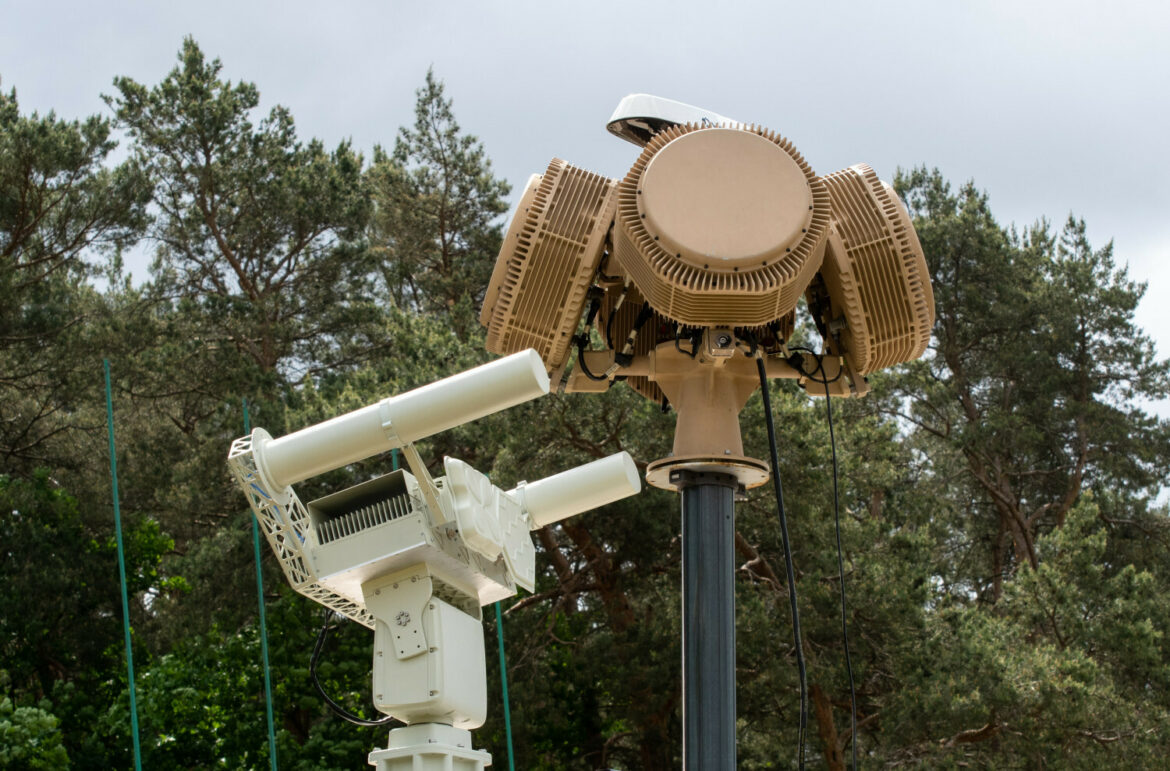Researchers from the Military University of Technology in Warsaw are working on a standardised methodology for testing anti-drone systems. An international project involving them has been recognised by the European Commission as a key pillar of its policy to protect against uncooperative unmanned aircraft systems.
Drones, relatively cheap, simple and widely available devices, are also used in criminal activities. With their development, therefore, systems are being developed that can detect, track, identify and deter drones from harmful activities. The production of anti-drone systems is widely developed worldwide, but this has not been standardised in any way.
Authorities in EU Member States choose anti-drone systems from a range of commercial cyber and non-cybernetic solutions available on the market. However, as expert reports indicate, they often do not meet catalogue parameters or are described inaccurately. In this situation, the choice of technology is a major challenge – especially for local operators who do not have sufficient technical capacity and knowledge in this area.
In October 2023, the European Commission adopted a policy for the testing of countermeasure systems for unmanned aerial vehicles. It will be based on the results of the COURAGEOUS project, which involves researchers from the Military University of Technology in Warsaw. It will provide guidance to help Member State authorities make the right choice of technology for their operational needs – e.g. for the protection of airports, critical infrastructure and borders, as well as securing people in public places and at mass events.
The project will conclude next year. The results of the researchers’ work are continuously shared with member states, as well as selected partner countries and international organisations, including Interpol.
Arkadiusz Słomczyński





